Continentul Alb pierde constant din ”greutate”. Ghețarii se topesc mai repede decât gerurile reușesc să solidifice apa din atmosferă.
Totuși, ninsorile abundente pot încetini procesul care duce la ridicarea nivelului mării.
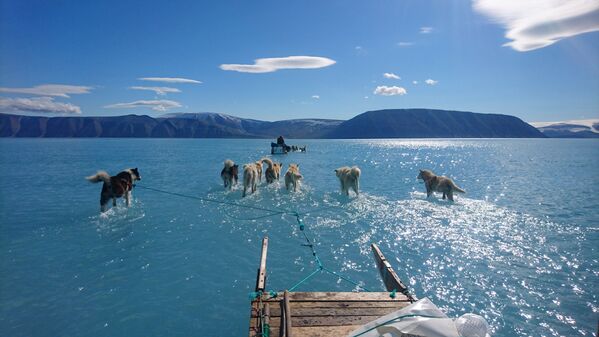
Câinii trag o sanie pe o gheață acoperită cu apă în Groenlanda
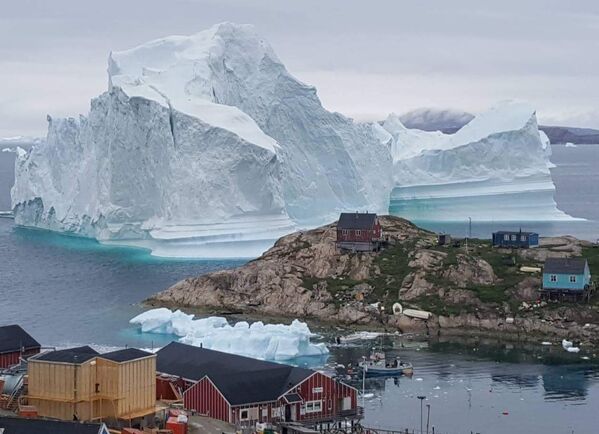
2/10
© AFP 2024 / Ritzau Scanpix/ Magnus Kristensen
Un aisberg lângă satul Innarsuit în Groenlanda
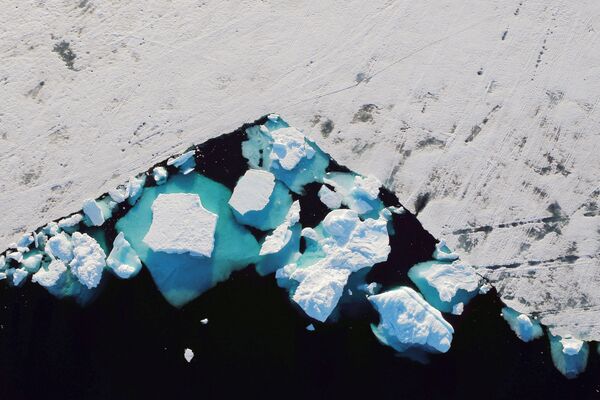
Un aisberg plutește într-un fjord lângă orașul Tasiilaq
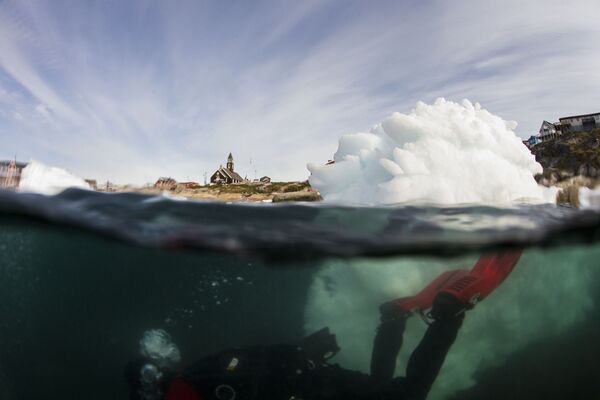
4/10
© AP Photo / Christian Pondella / Red Bull
Scufundări sub gheață pentru a studia calota de gheață din Groenlanda
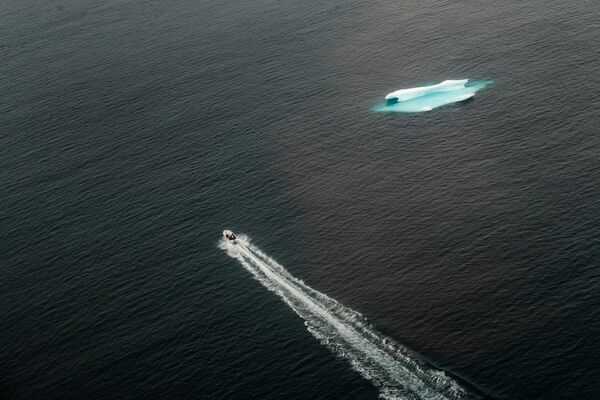
5/10
© Lucas Jackson
O barcă trece pe lângă aisbergul din ocean lângă Tasiilaq, Groenlanda
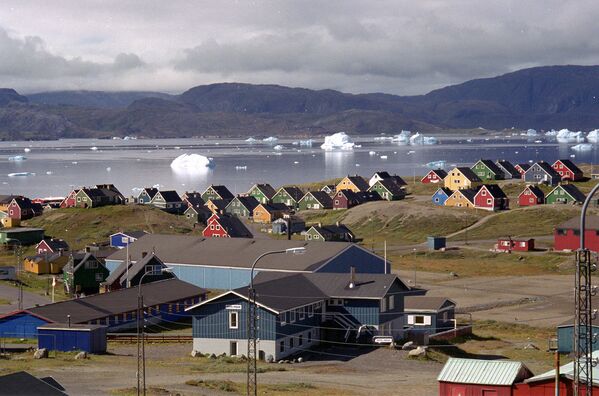
6/10
© AP Photo / NORDFOTO
Aisberguri gigantice în fjord în Narsaq, Groenlanda de Sud.
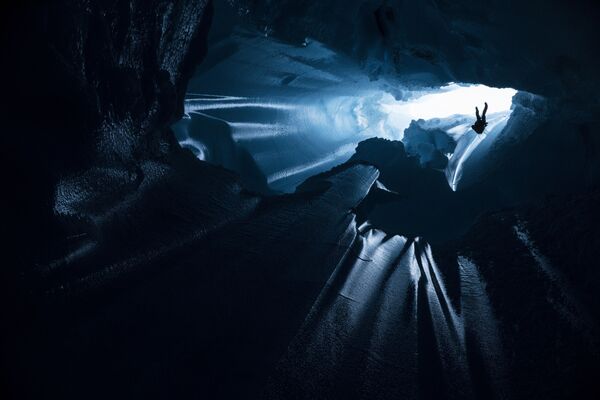
7/10
© AP Photo / Christian Pondella/Red Bull
Scufundări sub gheață pentru a studia calota de gheață din Groenlanda
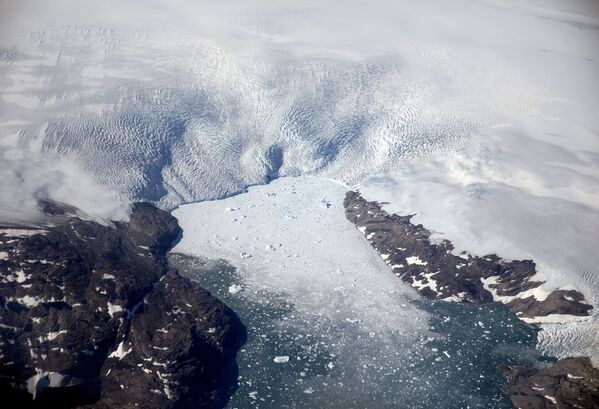
8/10
© AP Photo / David Goldman
Topirea ghețarilor în Groenlanda.
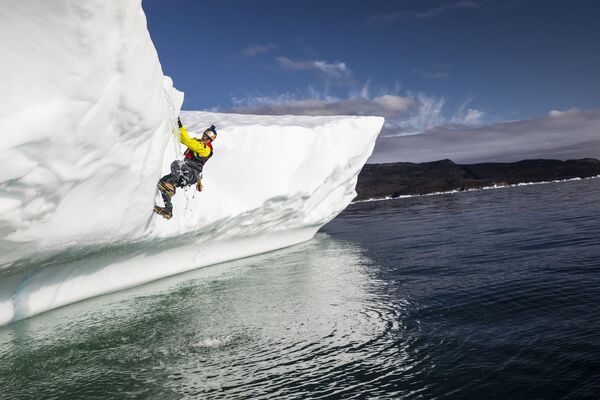
9/10
© AP Photo / Christian Pondella / Red Bull
Aventurierul canadian Will Gadd în timpul scufundării cu scopul cercetării calotei de gheață Groenlanda.
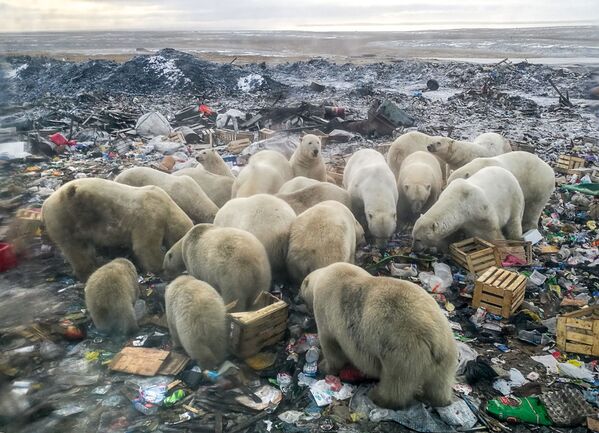
10/10
© AFP 2024 / Alexander Grir
A picture taken on October 31, 2018 shows polar bears feeding at a garbage dump near the village of Belushya Guba, on the remote Russian northern Novaya Zemlya archipelago, a tightly-controlled military area where a village declared a state of emergency in February after dozens of bears were seen entering homes and public buildings. - Scientists say conflicts with ice-dependent polar bears will increase in the future due to Arctic ice melting and a rise of human presence in the area as Moscow bolsters economic and military activity in the Arctic. An "invasion" of aggressive polar bears in inhabited areas of Arctic Russia occured for around ten days in February 2019 after the animals came to the area looking for food. Polar bears are affected by global warming with melting Arctic ice forcing them to spend more time on land where they compete for food.
